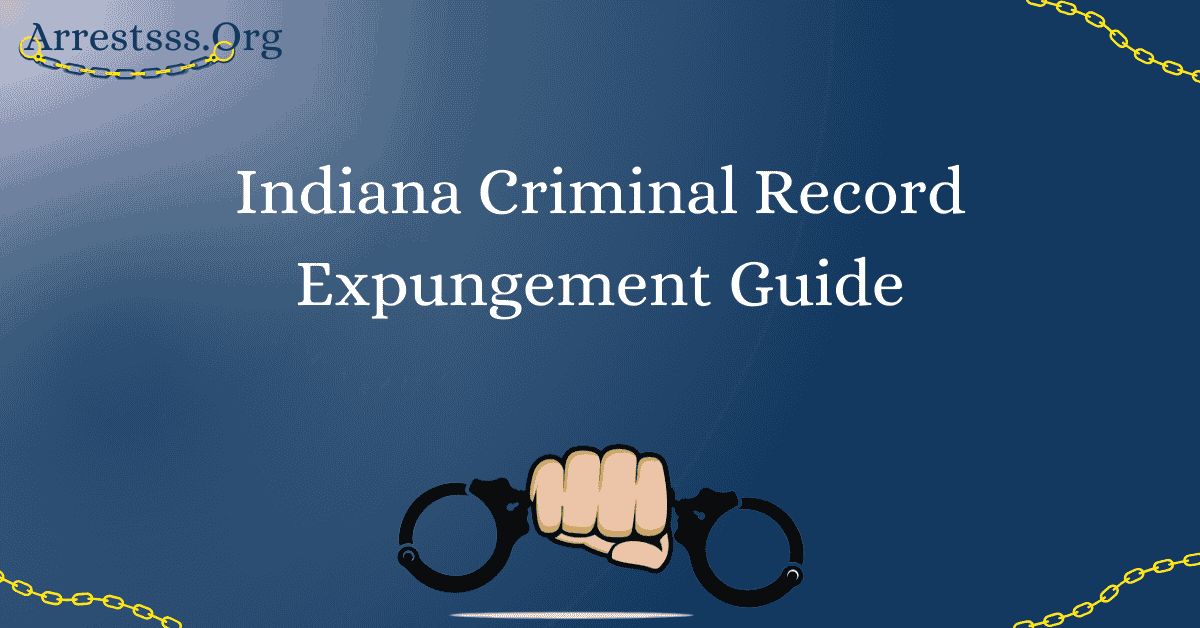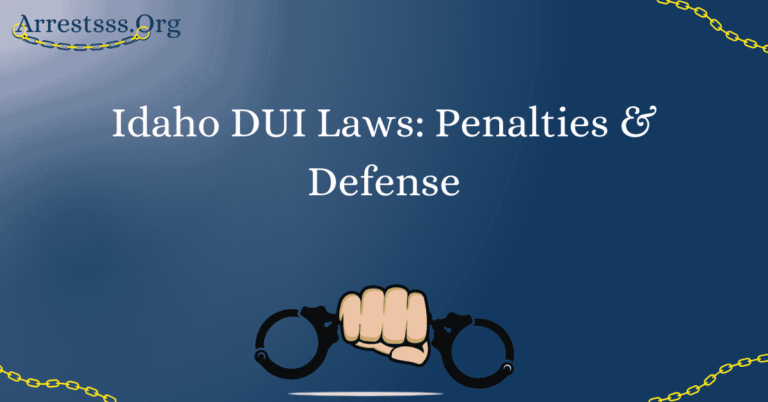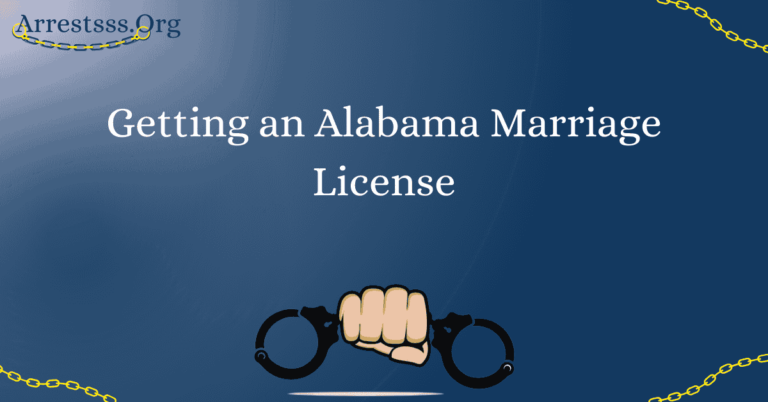Indiana Criminal Record Expungement Guide

When it comes to rebuilding one’s life after facing legal challenges, the process of expunging a criminal record plays a pivotal role in providing individuals with a fresh start. In the state of Indiana, the Criminal Record Expungement Process offers hope and opportunities for those who have made mistakes in the past. This article aims to provide a comprehensive guide to understanding the intricacies of expungement in Indiana.
Navigating the Expungement Process
The process of criminal record expungement in Indiana is not a one-size-fits-all solution. It involves several steps and requirements that must be met to successfully expunge a criminal record. To help you better understand this intricate procedure, we’ll break it down into the following outlines:
Eligibility Criteria
Before starting the expungement process, it’s crucial to determine if you meet the eligibility criteria outlined by the state of Indiana. These criteria may include the nature of your conviction, the time that has elapsed since the conviction, and your criminal history since then.
To be eligible for expungement in Indiana, you must meet certain criteria set forth by state law. These criteria generally include:
- The type of conviction: Not all convictions are eligible for expungement. Serious offenses, such as murder and sex crimes, typically cannot be expunged.
- Waiting periods: There are specific waiting periods depending on the severity of the conviction. Misdemeanors usually have shorter waiting periods than felonies.
- Criminal history: Your criminal history since the conviction can also impact your eligibility. Staying crime-free during the waiting period is essential.
Understanding these criteria is crucial before proceeding with your expungement petition.
Petition Filing
The first formal step in the expungement process is filing a petition with the court. This step involves:
- Completing the necessary paperwork: Prepare the expungement petition and ensure all required documents are included.
- Paying filing fees: There are associated fees with filing for expungement. These fees can vary, so be sure to check with your local court.
The accuracy and completeness of your petition are paramount to a successful expungement, as any errors or omissions can lead to delays or denial.
Waiting Period
Indiana law imposes waiting periods, which vary depending on the type of conviction before you can file for expungement. During this time, you must remain crime-free and meet other specified conditions.
The waiting period can be challenging, but it’s a critical part of the expungement process. Using this time to lead a law-abiding life and work towards rehabilitation can significantly improve your chances of a successful expungement.
Court Review
After filing the petition, the court will review your case. This review includes evaluating your criminal history, the nature of the conviction, and any objections from prosecutors or victims.
The court’s decision to grant or deny your expungement petition hinges on various factors, making it essential to present a strong case and address any potential objections effectively.
Expungement Order
If the court approves your petition, you will receive an expungement order. This order instructs various agencies, including law enforcement and the courts, to seal your criminal record.
Upon receiving the expungement order, your criminal record becomes less accessible to the public, which can have a profound impact on your ability to secure employment, housing, and other opportunities.
Benefits of Expungement
Understanding the advantages of having your criminal record expunged is essential. It can significantly impact your ability to secure employment, and housing, and lead a more fulfilling life.
Expungement opens up new doors for individuals with a criminal record, allowing them to move forward without the stigma of past mistakes.
Exploring the Expungement Process
Now, let’s delve into each of these outlined steps in detail, shedding light on the specific requirements, common challenges, and key considerations at each stage.
Eligibility Criteria
Meeting the eligibility criteria is the first and most crucial step in the Indiana criminal record expungement process. To determine if you qualify for expungement, consider the following factors:
- Type of Conviction: Not all convictions can be expunged. Serious offenses like murder and sex crimes are typically ineligible. However, many non-violent misdemeanors and some felonies may be eligible.
- Waiting Period: Indiana law imposes waiting periods based on the severity of the conviction. Misdemeanors usually have shorter waiting periods than felonies. During this time, you must maintain a clean criminal record and fulfill other specified conditions.
- Criminal History: Your behavior since the conviction plays a crucial role. Staying crime-free during the waiting period is essential. Any subsequent convictions may affect your eligibility.
Understanding these criteria is vital, as failing to meet them can lead to the rejection of your expungement petition.
Petition Filing
Once you determine your eligibility, the next step is preparing and filing the expungement petition. This involves several important actions:
- Completing the Paperwork: The petition must be meticulously completed, and all required documents, such as a certificate of completion for any court-ordered programs or restitution payments, must be included.
- Filing Fees: There are associated fees for filing an expungement petition. The exact amount can vary, so check with your local court for the most up-to-date information.
Submitting an accurate and comprehensive petition is crucial, as any mistakes or omissions can lead to delays or even denial of your expungement.
Waiting Period
During the waiting period, you must demonstrate a commitment to rehabilitation and maintain a clean record. This period can be challenging, but it’s an essential aspect of the expungement process.
Use this time to work on personal growth, seek employment, and contribute positively to your community. Demonstrating a clear change in behavior and character can greatly strengthen your case when the court reviews your petition.
Court Review
Once your petition is filed, the court will review your case. This review encompasses various factors, including:
- Criminal History: The court will assess your entire criminal history, taking into account the nature and severity of each offense.
- Objections: Prosecutors or victims may raise objections to your expungement. It’s crucial to address these objections effectively during the court review.
The court’s decision will determine whether your expungement is approved or denied. Presenting a compelling case and addressing any objections professionally can improve your chances of success.
Expungement Order
If the court approves your petition, you will receive an expungement order. This order instructs relevant agencies to seal your criminal record, making it less accessible to the public.
This step marks a significant turning point, as it allows you to move forward with a clean slate. Your past mistakes no longer hinder your opportunities for employment, housing, or other aspects of life.
Benefits of Expungement
The benefits of expungement are substantial and far-reaching. With a clean record, you can:
- Secure Employment: Many employers conduct background checks, and a clear record increases your chances of finding gainful employment.
- Obtain Housing: Landlords often review applicants’ criminal histories. Expungement can make it easier to secure housing.
- Regain Voting Rights: In some cases, expungement can restore your right to vote.
Enhance Personal Well-being: Expungement can provide a sense of closure and the opportunity to lead a more fulfilling life free from the stigma of past mistakes.
FAQ’s
How long does the expungement process typically take in Indiana?
The duration of the expungement process in Indiana can vary. It largely depends on factors such as the complexity of your case, court backlog, and the specific waiting period for your conviction. In general, it may take several months to over a year from the time you file your petition to receive an expungement order.
Can I expunge multiple convictions at once in Indiana?
Yes, it is possible to expunge multiple convictions at once in Indiana, but there are limitations. Non-violent misdemeanor convictions and Class D felony convictions can typically be expunged together, as long as they meet the eligibility criteria. However, serious offenses, such as violent felonies, may have separate waiting periods and eligibility requirements.
Are there any criminal convictions that cannot be expunged in Indiana?
Yes, certain convictions cannot be expunged in Indiana. These generally include convictions for murder, sex crimes, and other serious violent offenses. Additionally, convictions for offenses that resulted in serious bodily injury or death cannot be expunged.
How does expungement affect my criminal record for background checks?
Expungement essentially seals your criminal record from public view, which means that most employers and landlords will not have access to expunged convictions during standard background checks. However, some entities, such as law enforcement agencies and certain government organizations, may still have limited access to sealed records.
Do I need an attorney to file for expungement in Indiana?
While it is possible to file for expungement without an attorney, it is highly recommended to seek legal counsel. An experienced attorney can help ensure that your petition is accurately prepared, meet the eligibility criteria, and address any objections effectively. Legal representation can significantly improve your chances of a successful expungement.






